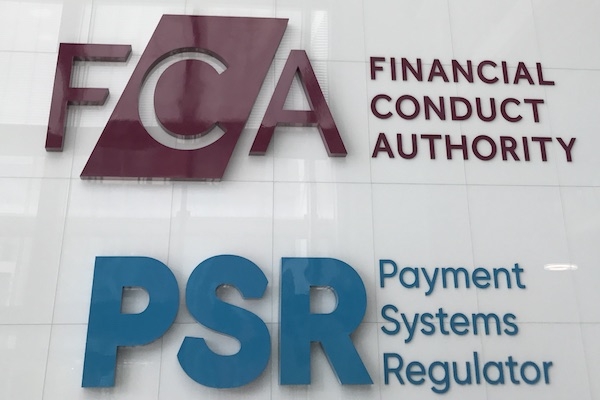The Financial Conduct Authority (FCA) has issued a warning to platforms on IT outages and severe operational activities in a Dear CEO letter.
In its letter sent yesterday, the FCA said it “expect firms to invest in their systems to ensure that they keep pace with the growth of their business and remain fit for purpose” after having seen severe operational disruptions during the Coronavirus pandemic “causing harm to consumers”.
The regulator said soon it will be asking for specific data about service disruptions on an ongoing basis, which will better enable it to identify outliers and take appropriate action
The regulator added that IT upgrades and migrations should undergo thorough analysis and testing to reduce incidents and outages that cause harm to customers and that platforms must have contingency plans in place to deal with operational disruptions and ensure that the plans have been tested.
In the letter, the FCA also said it expects platforms to take diversity and inclusion seriously, saying that it is an integral element of good conduct. The regulator also encouraged platforms to contribute to its Diversity and Inclusion Discussion Paper.
The letter also addressed SUP 15 notification requirements, saying that it expects firms to notify the FCA of any matter which could have a significant adverse impact on the firm’s reputation, or which could affect the firm's ability to continue to provide adequate services to its customers, including operational disruptions.
The FCA said: “To date, we do not believe all material incidents at platforms that meet the SUP 15 requirements, are being reported to us. We expect this to change.”
It also addressed transfer times and Brexit. A full copy of the letter can be found on the FCA website.
The letter follows a similar Dear CEO letter to platforms in February 2020, in which the FCA set out concerns with the platform market, expectations and its strategy for supervising platforms.
The FCA said all the areas it covered in its letter last year are still relevant and that it will continue to review progress in addressing them.

